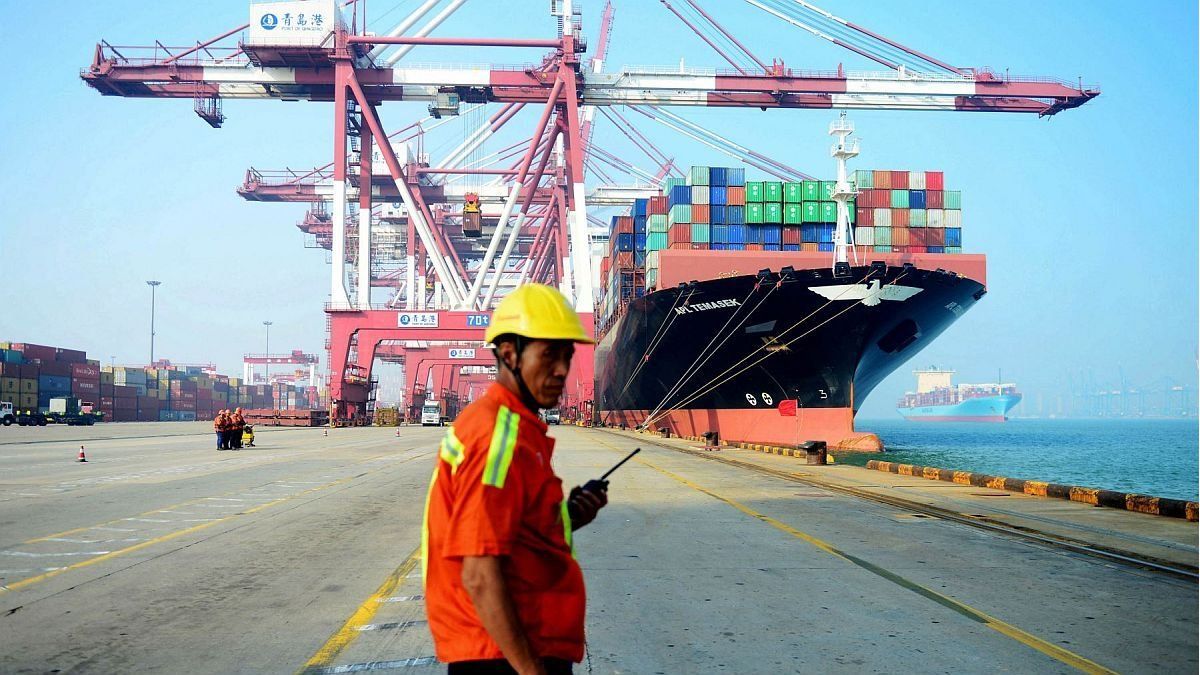Jorge Castro, analyst at International Trade, assured in dialogue with Ámbito that “what happened in China produced a retraction in economic activity in the first quarter” and that this “will have global consequences due to the reduction in international trade”
This port, which in 2021 represented 17% of China’s container traffic and 27% of the Asian giant’s exports, was affected by the lack of operators at the terminals, which caused delays in the loading of container ships.
This situation could impact the normal supply of supply chains, which would cause an increase in inflation.
Meanwhile, Marcelo Elizondo, head of DNI Consulting, told Ámbito that “the problem of logistics, ports and ships has been complicated for several months. Freight transport in the world plays to the limit, it has no idle capacity and when there is excess demand, bottlenecks occur. Today the whole world is operating fully and when the Shanghai thing happened, with high demand and confinement, the port was overwhelmed.”
What happens in China has a global impact. According to Elizondo, it is the largest exporter in the world and the second largest importer, therefore an interruption is generated in the supply system in the value chains, which could generate some inflation.
For our region, there will also be consequences. China is an importer of raw materials and shipments are increasingly complex to carry out, which leads to an increase in freight rates.
In this sense, the meat sector is one of the most affected because China is the main market and after the outbreak of covid, the price per exported ton decreased. From the ABC Meat Exporters Consortium they assured this medium that “there are delayed meat shipments” and through a statement they highlighted that “this situation has a direct impact on the cost structure of the exporting meatpacking companies, who will adapt their production programs and commercialization to the new reality that has been configured”.
Although the delays at the port are on the way to normalization, for now Argentine businessmen have no choice but to wait to receive imports.
In the case of exports, the impact is on those who send containers (meat, dairy, etc.) where the markets will not be lost, but patience will be required. It is worth clarifying that this situation does not affect shipments of grains or derivatives, since Shanghai is a port that operates with containers and not with ship holds.
This type of situation could be repeated in the future, but according to Elizondo, “an effect that is going to cause this problem is that there is going to be a greater maritime supply capacity in the world. Many companies sent to assemble their own ships, American companies that created a consortium among several and that are going to compete with the shipping companies. This does not solve anything now but it will allow us to more easily overcome the next crisis”.
–


